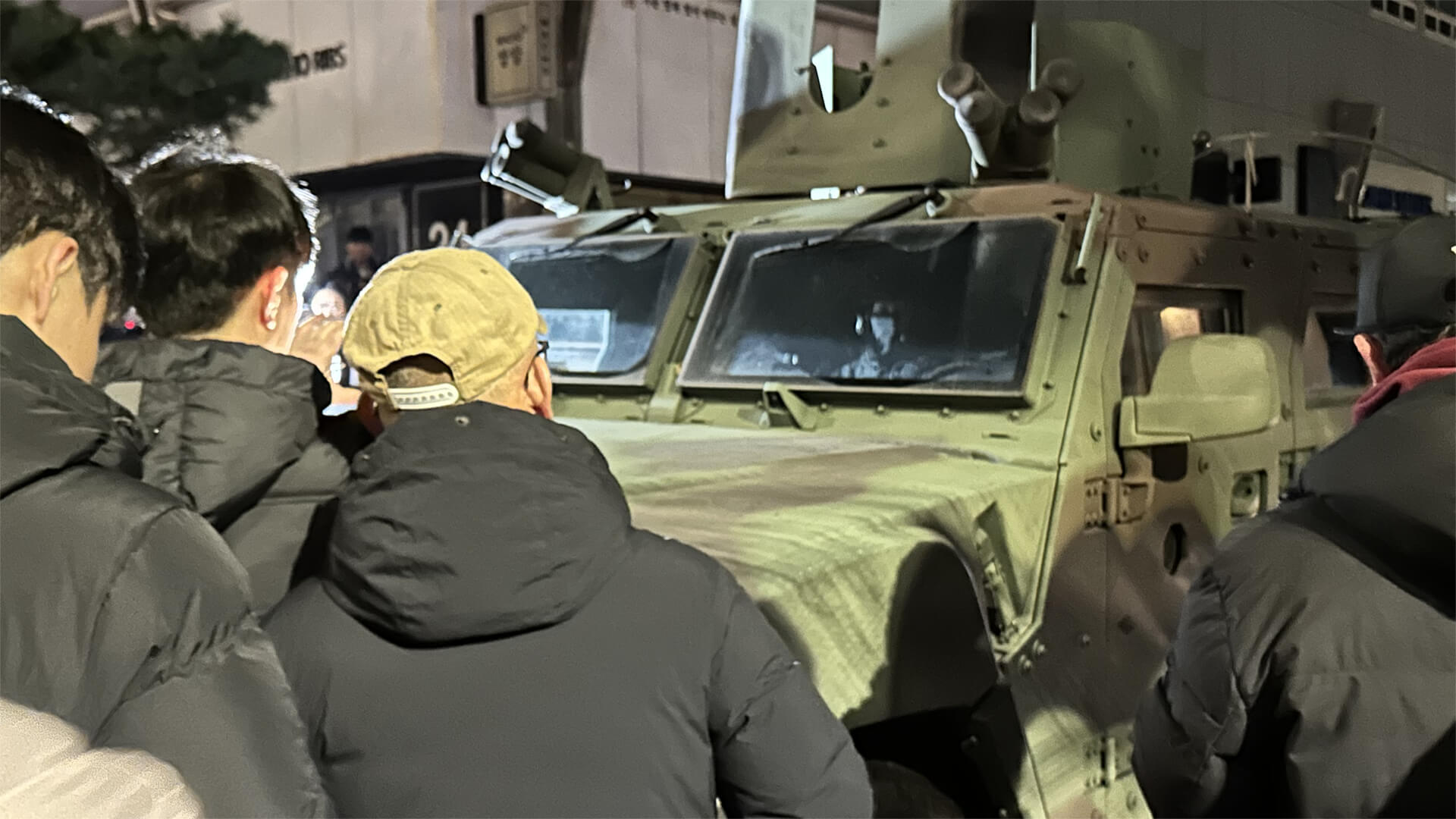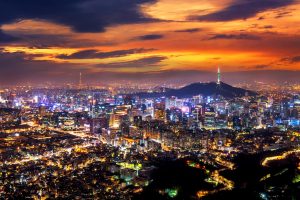South Korea caught fire yesterday as President Yoon Suk Yeol declared martial law and deployed the military to shut down parliament. But that didn’t last long…the parliament summarily overturned that decision – unanimously no less. So where does that leave the Koreans?
South Korea has a history of rapid transformation, moving from poverty in the 50s to a major global economy today. Yoon had some foreign policy success with normalizing relations with Japan, but his domestic politics didn’t mirror that…clearly.
After martial law was overturned, Yoon admitted failure, signaling that his personal political collapse is imminent. And as the Koreans have shown, they like to move fast. So, Yoon’s presidency will likely be ended soon, and new elections would happen within the next few months to usher in a government with more stable policies. (Hopefully.)
Here at Zeihan on Geopolitics, our chosen charity partner is MedShare. They provide emergency medical services to communities in need, with a very heavy emphasis on locations facing acute crises. Medshare operates right in the thick of it, so we can be sure that every cent of our donation is not simply going directly to where help is needed most, but our donations serve as a force multiplier for a system already in existence.
For those who would like to donate directly to MedShare or to learn more about their efforts, you can click this link.
Transcript
Hey, everybody. Peter Zeihan here. Coming to you from New York’s Central Park. We have to talk about the Koreans today. So on Wednesday, things got a little weird. We had a declaration of martial law by the president, President Yoon, who asserted that North Koreans had infiltrated the country and were trying to trigger a drug induced orgy throughout the entire civilization that is today South Korea.
Anyway, martial law. He deployed the military to shut down the parliament. We had, what can best be described as drunken protest. The Koreans know how to drink. And within a few hours, 190 of the 300 members of parliament, broke through the barricades, jumped through windows and everything, and had a unanimous vote to rescind the martial law declaration.
And a couple of hours later, Yoon himself admitted that it had fallen apart. What’s going on here? Was basically, we had a little bit of a coup attempt by the state. Yoon is a bit of a political neophyte. I don’t think I want to say he’s incompetent or anything like that, but, he’s not a career politician by any stretch of the imagination.
His background is in prosecution. He actually has put two of South Korea’s former leaders, military generals in prison. So he has some idea of what’s going on. But he kind of combines the worst political instincts of Donald Trump and Barack Obama. He expects to be able to say something that just happens, and he hates people and hates having meetings.
So we basically got this incompetent policymaking going down where, he’s seen his control over domestic politics wither away. In midterm elections, his party got trounced and the opposition nearly has a two thirds majority now. Well, you fast forward this to now and we’re probably going to have impeachment proceedings. Declarations have already been filed in the Parliament, and he’ll probably be gone by the end of the year.
The Koreans, when they do move, they move fast. And in many ways, the Koreans are a lot like the United States. The United States has, some great land. And the further the pioneers pushed in, the better it got. So for 150 years, everything just got better and better and better. And the United States. And, so when the world reaches out and punches us in the face, we kind of lose our mind.
And then we use the whole strength of society in economics to reshape our environment, which means we reshape the world. The quintessential example, of course, is Sputnik, the beeping aluminum grapefruit that caused us to think that we had already lost the Cold War, even though we were ahead in rocketry and metallurgy and electronics, all the rest. And that, that overreaction triggered, I basically a scientific revolution at the primary and secondary school level that we’re still coasting on today.
The Koreans have kind of the first half of that, the panic without the line, goodness, in the meantime, because they’re surrounded by some really huge powers China, Russia, Japan. And then there’s that little thing called North Korea. So when they do move, they move very, very quickly. And it almost always feels like they’re moving. So this is a country that went from one of the poorest countries in the world, back in 1955.
At the end of the Korean War, when everything was devastated to one of the ten richest countries in the world right now, and very clearly a technocracy. Anyway, the Koreans will get through this, assuming there’s no court challenge, we will have new elections, 60 days after the impeachment is finalized. If there are talk challenges, it might take a couple more months.
But we’re going to see a new government in South Korea. There’s really not a lot of debate in South Korea over what direction to take the country’s international affairs. There’s a general understanding that now that the Russians are actively helping the North Korean military complex, that the South Koreans have to take a more active stance and not just regional affairs, but global affairs, most notably the Ukraine war.
And that that has to be done in league with the United States and especially Japan. And that is probably going to be the biggest piece of Yoon’s legacy, because it was Yoon who actually got the Koreans to admit that they have to have a constructive relationship with Japan. Japan was their colonial ruler, brutal occupation in the years leading up to World War two.
And so by many ways that the two countries, South Korea and Japan, were still in a state of de-facto war, until very recently. And you can credit Yoon for the normalization. So if you’re looking for a legacy, that’s it. But if you’re looking for Yoon to be sticking around. You read that one wrong. Even his own party, voted to rescind his martial law, ruling.
And the opposition only needs a handful of votes from his party in order to remove him for good.
Photo of protests during martial law from Wikimedia Commons









